Blog
Sensor Repair for Garage Doors: Ensuring Safe and Efficient Operation
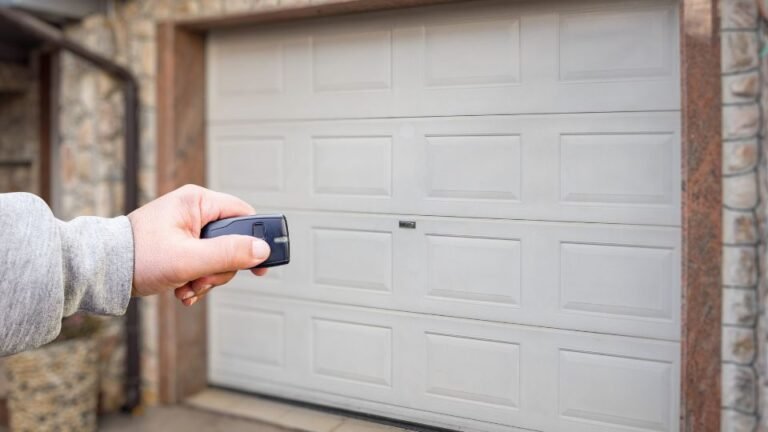
Role of the Garage Door Opener
Common Sensor Issues
Even though garage door sensors are built to last, they can develop problems that affect their performance over time. These issues can lead to malfunctioning doors or even cause a safety hazard. Some common sensor issues include:
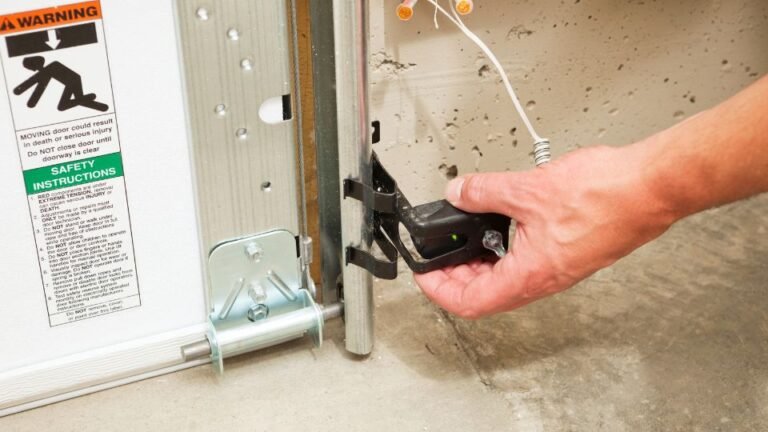
1. Misalignment:
Sensors can easily become misaligned, which prevents the door from closing properly.
2. Dirt and Debris:
Dust and grime can accumulate on the sensors, disrupting their ability to detect obstructions.
3. Electrical Problems:
Faulty wiring or poor connections can lead to a malfunctioning sensor.
4. Physical Damage:
Sensors can be accidentally bumped or damaged by vehicles, toys, or even heavy rain.
Identifying Sensor Problems
Recognizing the signs of a garage door sensor malfunction is key to ensuring that your garage door continues to operate smoothly. Here are some ways to identify problems with your sensors:
Door Not Closing
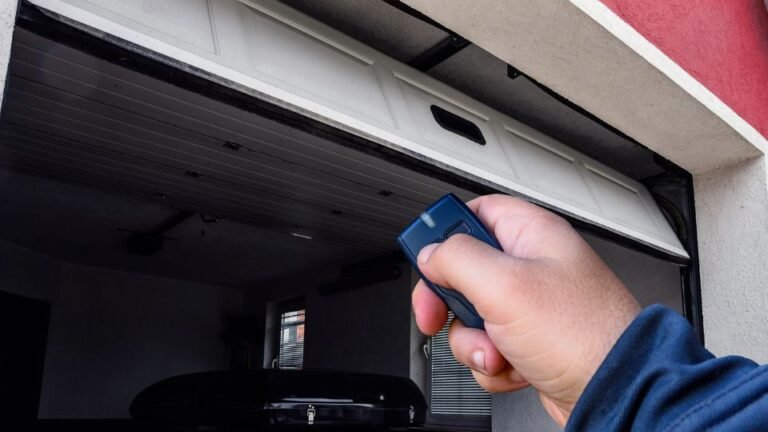
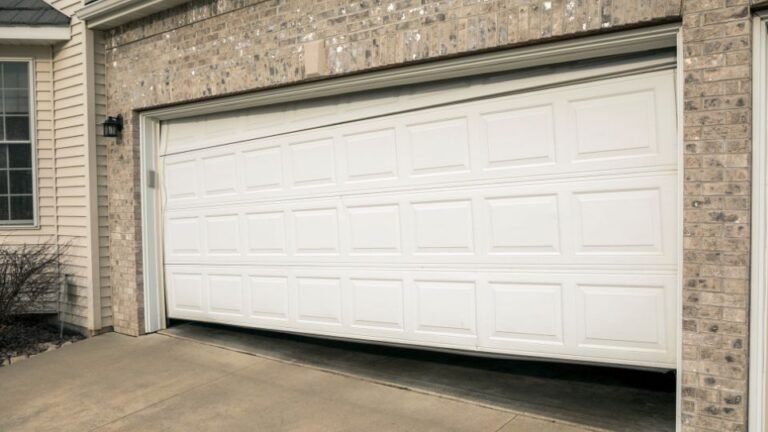
Misalignment and Obstruction
Repair vs. Replacement
Diagnosing Sensor Issues
When to Replace Sensors
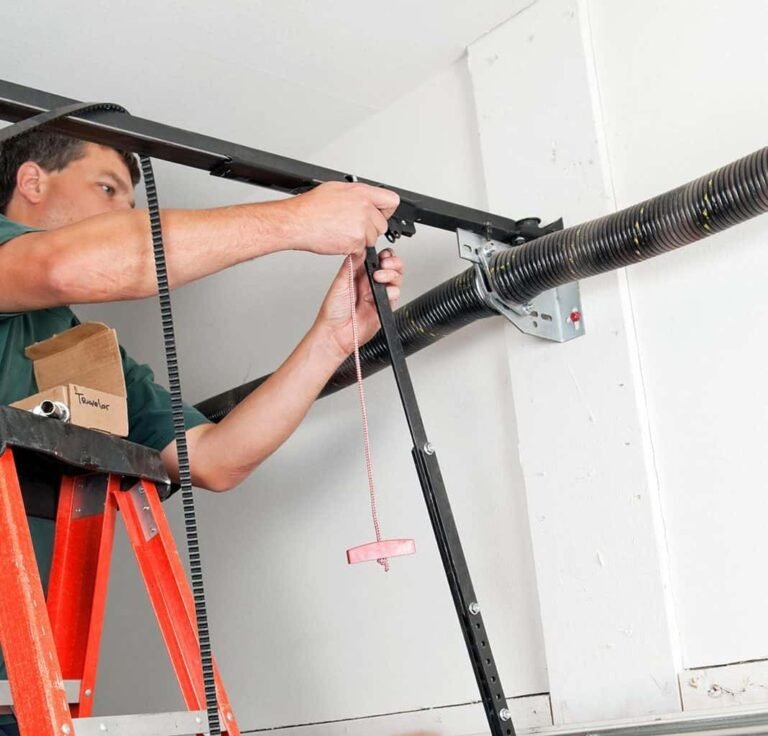
Keep your garage doors in top shape to avoid accidents and save repair cost
Repair Process
If you decide that your garage door sensor needs repair, there are some steps you can take before calling in a professional. This basic troubleshooting process can sometimes fix common issues.
Realigning Sensors
Cleaning and Troubleshooting
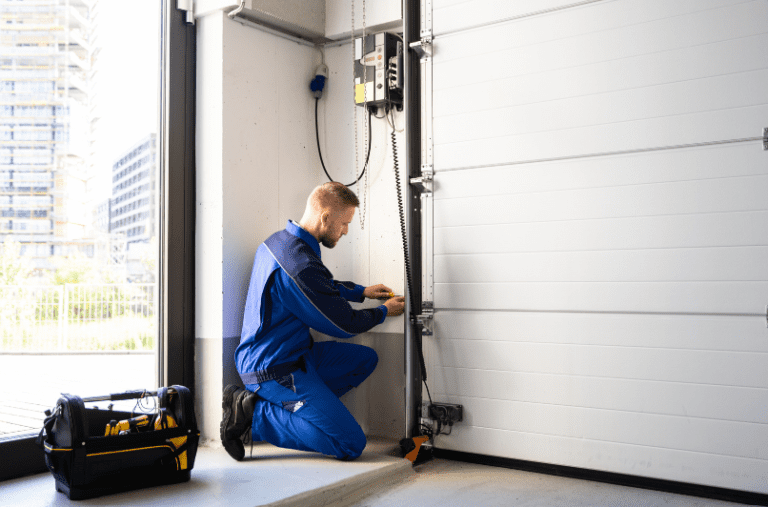
Preventive Maintenance
A little bit of preventive care goes a long way toward avoiding major issues with your garage door sensors and overall system.
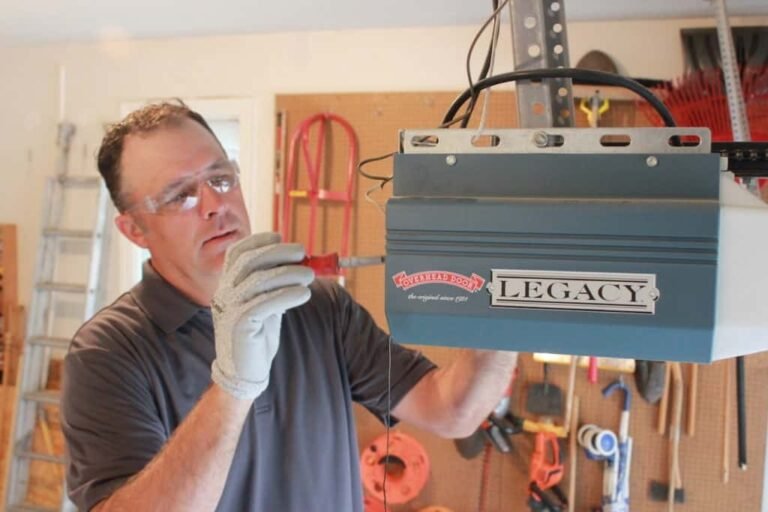
Regular Checks
Professional Servicing
Conclusion
FAQ’s
Frequently Ask Questions
What should I do if my garage door won’t close?
If your garage door won’t close, check your garage door sensors for obstructions or misalignment. Clean the lenses and ensure they are properly aligned. If the problem persists, contact a garage door repair service.
How do I know if my garage door sensors are misaligned?
A misaligned door sensor will usually cause the garage door to reverse immediately after closing or refuse to close altogether. The sensor lights may also blink instead of staying solid.
Can I repair my garage door sensors myself?
In some cases, yes. You can try cleaning and realigning the sensors yourself. However, if the issue persists or you’re unsure, it’s best to call a garage door technician.
What are the signs that I need to replace my sensors?
If your garage closer sensor is physically damaged, or if troubleshooting doesn’t fix the problem, you may need to replace the sensors. A garage door technician can help with the diagnosis.
How often should I check my garage door sensors?
It’s a good idea to inspect your garage door sensors every three to six months as part of your regular garage door maintenance.
Why is my garage door not closing even when there’s nothing in the way?
This could be due to a misalignment of the garage door sensor or an issue with the wiring. Contact a garage door repair service to investigate.
Is professional maintenance necessary for garage doors?
Yes. Annual inspections and a garage door tune-up by a professional can prevent issues and ensure your garage door operates safely.
What should I do if my garage door sensor light is blinking?
Blinking lights often indicate a misalignment or obstruction. Try cleaning the sensors and ensuring they’re properly aligned. If this doesn’t resolve the issue, call a garage door repair service in Salem.


